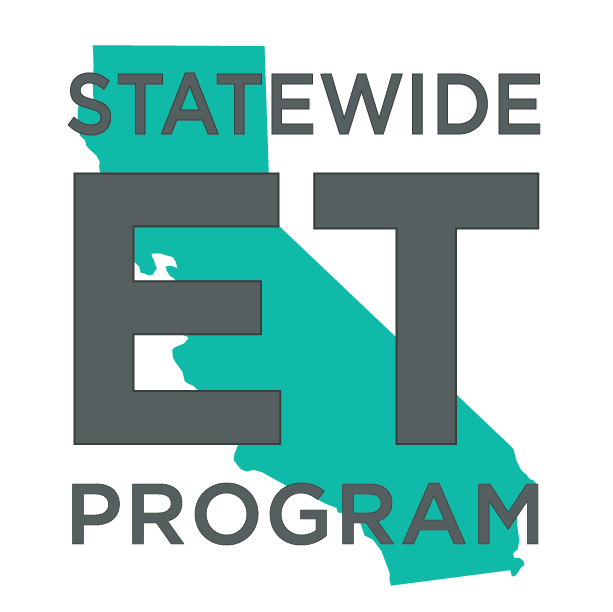ET25SWE0053 - Performance Validation of AI-Enabled Stand Alone Clothes Washers and Dryers
This project aims to evaluate the performance, energy efficiency, and load flexibility potential of Artificial Intelligence (“AI”)-enabled stand-alone clothes washers and dryers in residential settings. While these smart appliances are already commercially available, their adoption has been limited due to several persistent market barriers, including high upfront costs, limited consumer awareness, lack of financial incentives, and concerns around data privacy and cybersecurity. Additionally, existing energy efficiency programs lack performance data on AI-enabled features, such as real-time load sensing and remote scheduling, which hinders their inclusion in incentive and load flexibility programs.
To address these issues, this study will conduct both laboratory-based evaluations and field demonstrations. The lab testing will use standardized procedures, if available, to measure energy consumption, standby power, and performance across various smart and conventional models. The field component will target underserved households—particularly those on California Alternate Rates for Energy (“CARE”)/ Family Electric Rate Assistance Program (“FERA”) rates—by deploying smart laundry units and collecting behavioral data through surveys and usage monitoring. This project will also utilize local Disadvantaged Communities (“DAC”)/Hard-to-Reach (“HTR”) contractors, when available, to support regional workforce development.
The project tests several market interventions: providing no-cost appliance upgrades to disadvantaged communities, generating independent performance data to support utility incentive programs, developing consumer educational resources to increase awareness, and engaging with Stakeholders—including consumer privacy advocates—to address cybersecurity concerns. These interventions will be evaluated for their impact on consumer satisfaction, market readiness, and performance reliability.
The central hypothesis is that AI-enabled laundry appliances offer measurable improvements in energy efficiency, resource use (electricity, water, and detergent), and load flexibility compared to standard gas and electric units. The project expects that by quantifying these benefits under controlled and real-world conditions, utility programs will be better positioned to justify measure development and promote market transformation through incentive design, code updates, and program expansion.
This initiative aligns closely with CalNEXT Technology Priority Map (“TPM”) goals for Plug Loads and Appliances, particularly in the area of Decarbonizing Household Appliances. This project supports high-priority TPM focus areas such as enhancing energy efficiency through AI-driven optimization, improving water conservation via smart sensing, enabling load shifting through scheduling and demand-response readiness, and fostering user convenience to accelerate market adoption. The inclusion of greenhouse gas (“GHG”) emissions analysis also contributes to the state’s broader decarbonization objectives.
Anticipated outcomes include validated energy savings data, updated load profiles for inclusion in load flexibility programs, and specific recommendations for utility measure development and program enhancements. By focusing on high-impact, underserved market segments, this project will also generate valuable insights for expanding equitable access to emerging clean energy technologies.
The research will deliver actionable results to help utilities and regulators understand the viability of smart laundry appliances as a tool for electrification, demand management, and household decarbonization—paving the way for broader market adoption and policy alignment.
